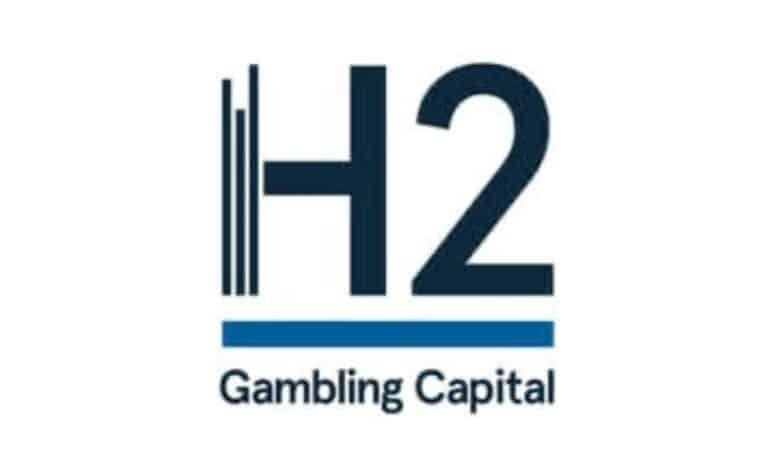Based on H2 Gambling Capital – Report 1: Importance of a Regulated Onshore Gambling Market
Africa’s online gambling industry is entering a critical phase. With mobile connectivity growing, disposable income rising, and the continent’s young demographic driving digital adoption, gambling has become one of the fastest-growing digital entertainment sectors. But without timely regulatory intervention, African governments could lose up to $11 billion in tax revenue over the next five years, according to a comprehensive report by H2 Gambling Capital.
This is not just about tax. The growth of offshore gambling platforms, the lack of player protections, and the weakening of local innovation ecosystems are all symptoms of unregulated or poorly regulated digital gambling markets.
Regulation vs. Restriction: The Key Distinction
Related Articles
The H2 report emphasizes that regulation should not be confused with restriction. True regulation means crafting a legal framework that encourages responsible play, incentivizes compliance by operators, protects consumers, and ensures governments collect revenue. In contrast, overly restrictive or outdated frameworks — often rooted in land-based gambling assumptions — push players and operators offshore.
As of early 2025, only around 15 African countries have laws tailored to online gambling, and enforcement remains inconsistent. Most markets still rely on analog-era regulations, which creates a legal gray area that offshore operators exploit.
Why Regulation Matters — Now More Than Ever
H2 identifies five core reasons why African governments must act:
- Consumer Protection: Without enforceable licensing requirements, players are exposed to fraud, identity theft, and unregulated game mechanics.
- Crime Prevention: Digital gambling can be used to launder money or facilitate underage betting — risks that only regulated frameworks can mitigate.
- Fiscal Opportunity: Licensed operators generate taxable revenue, but only when the system incentivizes them to stay in the market.
- Digital Innovation: A fair regulatory system encourages the growth of homegrown tech platforms, payment processors, and compliance tools.
- Cross-Border Consistency: Harmonized standards help curb illegal cross-border activity and allow for better data sharing and law enforcement cooperation
What Happens Without Regulation?
When there’s no incentive to operate onshore — due to uncompetitive tax regimes, licensing bottlenecks, or monopolistic structures — the industry moves offshore. H2’s data shows that unregulated offshore operators can capture up to 75% of GGR in poorly regulated markets.
This means:
– Local players are not protected.
– Governments collect minimal or no tax.
– Local entrepreneurs and developers are excluded from market opportunities.
– Illegal actors gain a competitive edge.
The Path Forward: Competitive Regulation
H2 recommends the following elements for a functioning regulated market:
– Open licensing: Allow multiple operators to apply, under transparent and non-discriminatory conditions.
– Digital-first oversight: Recognize the mobile nature of the market and adapt rules accordingly.
– Payment flexibility: Avoid forcing operators into single-payment integrations or exclusive monopolies.
– Tax simplicity: Ensure total fiscal burden (GGR tax + levies + monitoring fees) remains commercially viable.
If these conditions are met, H2 forecasts that Africa’s online gambling market could grow to $22 billion in annual GGR by 2029, with 90% of that revenue remaining in licensed, onshore markets.
The message is clear: regulating online gambling is not a matter of if — but how well.

 SOFTSWISS Enhances Player Experience with Mobile UX Control and AI-Driven Localisation
SOFTSWISS Enhances Player Experience with Mobile UX Control and AI-Driven Localisation  SimplePlay launched new Table Game: “Number King”
SimplePlay launched new Table Game: “Number King”  “It’s Clean-Up Time: Gaming Industry Faces Call for Collective Action on Addiction”
“It’s Clean-Up Time: Gaming Industry Faces Call for Collective Action on Addiction”  Kenyan Betting Control and Licensing Board Engages Influencers in Responsible Gambling Dialogue Following Government Ban
Kenyan Betting Control and Licensing Board Engages Influencers in Responsible Gambling Dialogue Following Government Ban